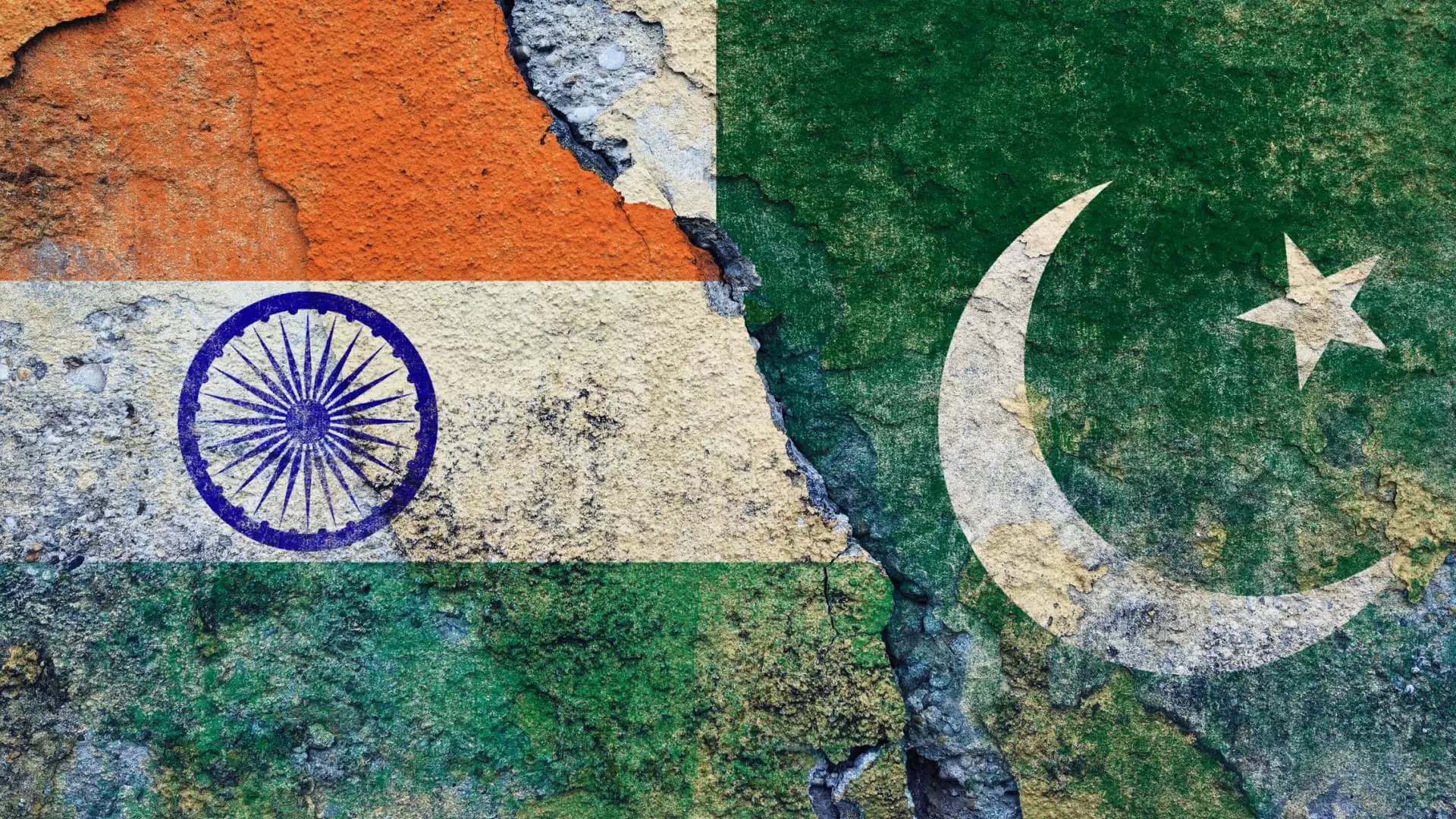The diplomatic ballet unfolding between India and Pakistan under the aegis of the United States and Britain is a poignant reminder of how precious yet precarious peace can be. As Britain’s Foreign Minister, David Lammy, recently emphasized, the ceasefire achieved on May 10 remains in jeopardy, underscoring the frailty of international relations in a region marked by decades of conflict. The recent uptick in violence, ignited by an attack linked to Kashmir—a subject that has stoked animosity between the two nuclear-armed neighbors—has necessitated swift action. While it is commendable that the world powers are stepping in to encourage dialogue and “confidence-building measures,” these efforts seem little more than a temporary bandage over a festering wound.
The importance of a sustained ceasefire cannot be overstated. The geopolitical landscape is tumultuous, and the stakes couldn’t be higher. The involvement of powerful nations must not be reduced to mere rhetoric; it should hinge on progressive actions that have tangible outcomes. Lammy’s statement reflects a hopefulness that feels increasingly insufficient against a backdrop of historical tensions. A “window of opportunity” is indeed fleeting, and if the international community fails to act decisively, it risks watching that window slam shut.
A Threatened Water Treaty: A Catalyst for War
Adding to the brittle nature of peace is India’s recent suspension of the Indus Water Treaty, which governs the water rights of both nations—a pact established in 1960 that has withstood significant test over decades. Pakistan’s assertion that any disruption of its water supply could be deemed an act of war highlights the escalating stakes. Water scarcity is a pressing issue, and as climate change exacerbates regional tensions, the failure to honor treaty obligations transforms into a ticking time bomb of geopolitical proportions. Lammy’s urging for all parties to abide by the treaty is crucial, but it is merely a call to morality in an arena where might often trumps right.
The Indus Water Treaty is more than a bilateral agreement; it is emblematic of the larger struggle for resource management in a world increasingly defined by scarcity. For a nation as agriculturally dependent as Pakistan, any threat to its water supply is a direct assault on its very existence. The international community cannot afford to dismiss these underlying causes of conflict as mere technicalities; instead, they must recognize the urgency of addressing these fundamental disparities.
Counterterrorism: The Blight of the Region
Moreover, Lammy’s commentary on counterterrorism underscores another critical dimension of the India-Pakistan dynamic. The blight of terrorism stifles progress and fuels cycles of violence. The ramifications of terrorism extend beyond borders; they infect the very fabric of societies, disrupting community cohesion and exacerbating fear. Britain’s commitment to partner with Pakistan to combat this menace is laudable, but it raises the question: how can a nation combat a phenomenon that has roots in historical grievances and socio-economic disparities?
Simultaneously, external elements—such as Russia’s enduring obfuscation—further complicate the narrative. The frustrations expressed by Lammy regarding Russia’s lack of seriousness in pursuing peace negotiations in Ukraine reveal a broader inclination among major powers to engage in diplomatic dealings that can undermine the peace they ostensibly support. The specter of geopolitical gamesmanship looms large and could very well hinder efforts to achieve lasting peace in South Asia.
The Challenge of Genuine Dialogue
At the heart of Lammy’s comments lies a fundamental truth: India and Pakistan are neighbors caught in a quagmire of historical animosity and mutual distrust. Though high-level discussions among nations such as the U.S. and Britain provide crucial international support, the path to sustainable peace will always circle back to the willingness of both nations to engage in genuine dialogue. Without this commitment, the current efforts risk dissolving into another round of futile attempts at reconciliation.
What is evident is that the intricate web of diplomacy woven around India and Pakistan requires not only patience and resilience but also the commitment to engage in honest, open dialogues that prioritize human security over political gain. As the scene unfolds, the need for meaningful engagement becomes not just an ambition but a lifeline amid rising tensions. In a world where peace is often overshadowed by conflict, the fragility of the India-Pakistan ceasefire illustrates both the stakes involved and the relentless pursuit of better understanding and cooperation.


Leave a Reply